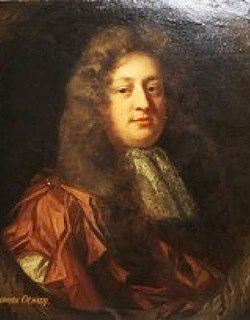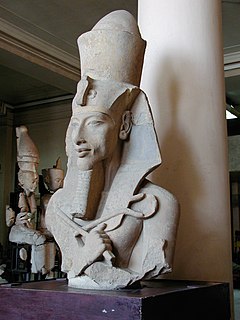A Quote by William Shakespeare
Alack, there lies more peril in thine eye Than twenty of their swords: look thou but sweet, And I am proof against their enmity.
Related Quotes
I am ever Thine. If Thou cast me out, who shall take me in? If Thou disregard me, who shall look on me? More canst Thou remit, than I commit; more canst Thou spare, than I offend. Let not hurtful pleasures overcome me; at the least let not any perverse habit overwhelm me; From evil and unlawful desires; From vain, hurtful, impure imaginations; from the illusions of evil spirits; from pollutions of soul and of body; Good Lord, deliver me.
Here must thou be, O man, Strength to thyself - no helper hast thou here - Here keepest thou thy individual state: No other can divide with thee this work, No secondary hand can intervene To fashion this ability. 'Tis thine, The prime and vital principle is thine In the recesses of thy nature, far From any reach of outward fellowship, Else 'tis not thine at all.
Milk-livered man,
That bear'st a cheek for blows, a head for wrongs;
Who hast not in thy brows an eye discerning
Thine honor from thy suffering; [that not know'st
Fools do those villains pity who are punished
Ere they have done their mischief. Where's thy drum?
France spreads his banners in our noiseless land,
With plumed helm thy state begins to threat,
Whilst thou, a moral fool, sits still and cries
'Alack, why does he so?']
Who is so wise as to have a perfect knowledge of all things? Therefore trust not too much to thine own opinion, but be ready also to hear the opinion of others. Thought thine own opinion be good, yet if for the love of God thou foregoest it, and followest that of another, thou shalt the more profit thereby.



































